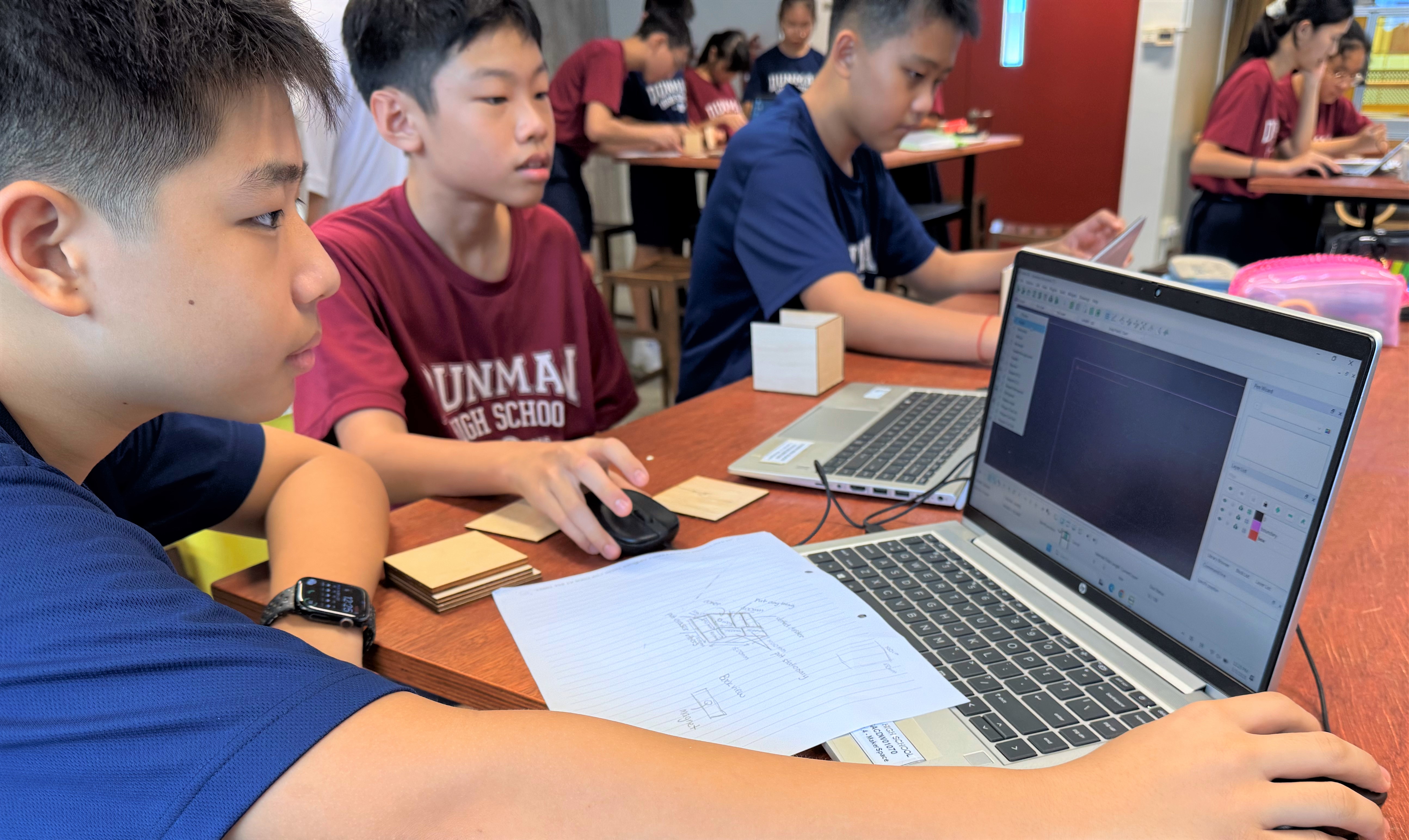Knowledge Skills Programme
Our Knowledge Skills Programme (KSP) curriculum applies an inquiry-based spiral approach for students to enhance their 21st Century competencies in the fields of thinking skills, coding, research skills and communication skills.

Curriculum
KSP offers the following key level-wide subjects/programmes:
|
Subjects/Programmes |
|
|---|---|
|
Junior High |
Dragonfly Programme (MORE) |
|
Senior High |
Project Work (MORE) |

